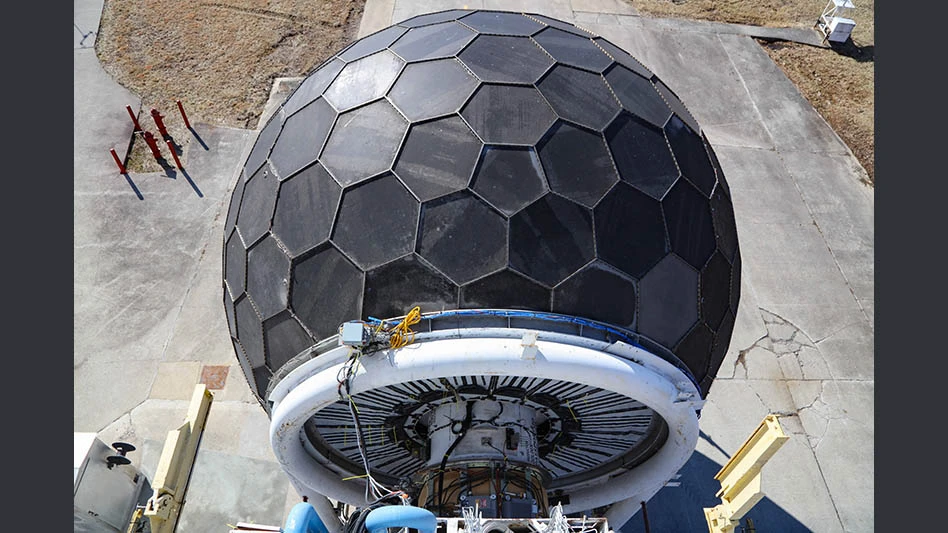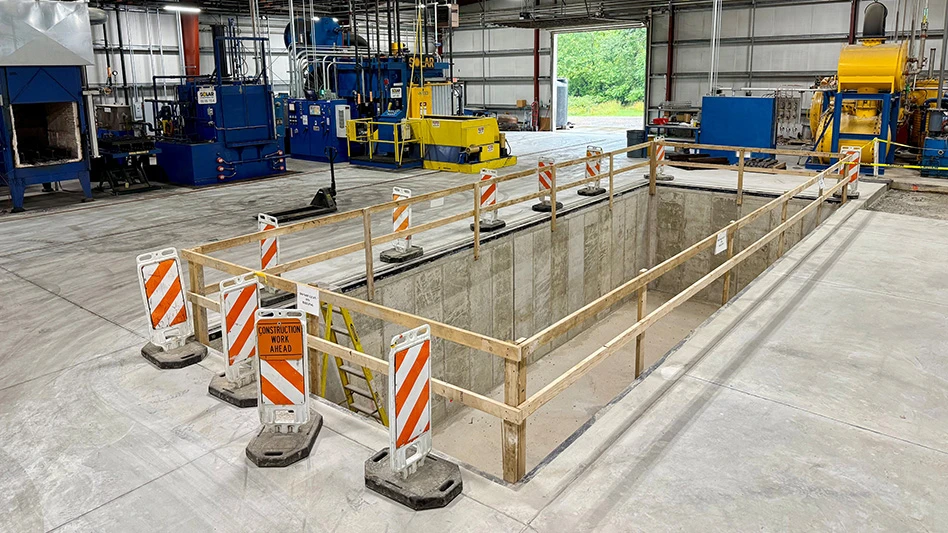
GE Aerospace
GE Aerospace and its joint ventures reached a new milestone for a more sustainable future of flight with the completion of testing on the 10th engine model using 100% Sustainable Aviation Fuel (SAF) since 2016.
In 2018, GE90 engines powered the first commercial airliner flight with 100% SAF in both engines on the Boeing ecoDemonstrator, a 777 freighter in partnership with FedEx Express. Then in 2021, LEAP-1B engines – a product of GE Aerospace and Safran Aircraft Engines 50-50 joint company CFM International – powered the first passenger experimental flight with 100% SAF in one of the two engines on a United Airlines Boeing 737-8. In 2023, LEAP-1B engines powered test flights on 100% SAF in both engines of the Boeing ecoDemonstrator Explorer, a 737-10 destined for United Airlines, as part of emissions testing with NASA. In November, Emirates became the first airline to operate an Airbus A380 using 100% SAF in one of the four GP7200 engines made by Engine Alliance, a 50-50 joint company between GE Aerospace and Pratt & Whitney.
Additional engines tested at the component-, engine-, or aircraft-level using 100% SAF include F414, GE9X, LEAP-1A, Passport, GEnx, HF120 (a product of GE Honda Aero Engines LLC, a 50/50 joint company between GE Aerospace and Honda Aero Inc.) and CFM International CFM56 engines. The wide range of tests represents a mix of propulsion systems used for domestic and international commercial air travel, military aviation, and business and general aviation. These tests also evaluated a wide scope of factors, such as engine performance and the impact of 100% SAF on contrails and emissions.
GE Aerospace and its joint ventures power three out of every four commercial flights globally.
“These tests demonstrate that we are leading and prepared to support our customers to operate on Sustainable Aviation Fuel. We’re proud of doing the hard work to better understand the impact of different emissions on the environment and using science to guide the technology we are developing to invent the future of flight,” said Mohamed Ali, vice president of engineering for GE Aerospace.
To help qualify new 100% SAFs, GE Aerospace is going from engine system testing to engine component and sub-component level evaluations. This encompasses evaluating components exposed to and impacted by fuels, from the engine fuel system to the combustor where fuel is burned. Various SAF types produced from different pathways are being tested to assess whether there is any impact on engine operability, efficiency, durability, and emissions. New open fan engine architecture and hybrid electric systems in development are being designed for compatibility with 100% SAF.
Read more about the technical challenges of flying with 100% sustainable aviation fuel.
All GE Aerospace and partner engines can operate on approved SAF blends today, which can be made from plant-based material, fats, oils and greases, alcohols, waste streams, captured CO2, and other alternative feedstocks. SAF blends have the same chemical composition as the jet fuel most commonly used today. The key difference is that instead of being made from fossil-based sources, SAF is made from partially or completely renewable sources. By using alternative feedstocks instead of fossil fuels, CO2 emissions can be reduced over the fuel’s life cycle.
Currently, SAF approved for use is a synthetic component blended with petroleum-based Jet A or Jet A-1 fuel up to 50%. An international task force led by one of GE Aerospace’s experts is developing standardized industry specifications supporting adoption of 100% drop-in SAF, which does not require blending with conventional jet fuel. 100% SAF is not yet qualified by ASTM International, an organization that develops technical standards. Engine testing and demonstrations provide data to support development of 100% SAF standards.
GE Aerospace has been actively involved in assessing and qualifying SAF since 2006 and works closely with producers, regulators, and operators to help ensure that SAF can be widely adopted for use in aviation.
Additionally, GE Aerospace is an inaugural investor in the United Airlines Ventures Sustainable Flight Fund to help increase the supply of SAF.
Get curated news on YOUR industry.
Enter your email to receive our newsletters.
Latest from Aerospace Manufacturing and Design
- Build your Controlled Unclassified Information (CUI) toolkit
- Michigan Advanced Air Mobility (AAM) Initiative established
- Threaded adjustable grippers
- GKN Aerospace accelerates additive fabrication for fan case mount ring
- Expanded offering of internal coolant live tools
- #47 Lunch + Learn Podcast with INSACO
- Doncasters’ Groton expansion reaches major milestone
- Hardware-encrypted drive with trusted supply chain





